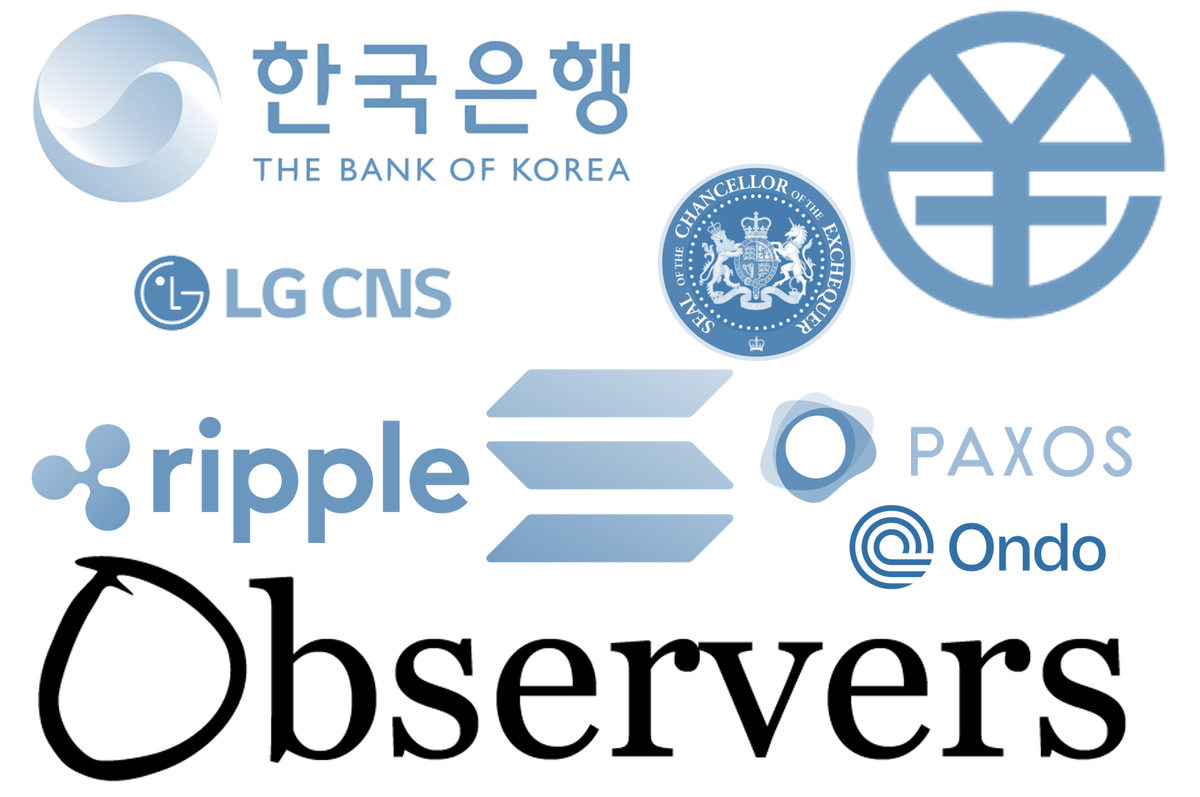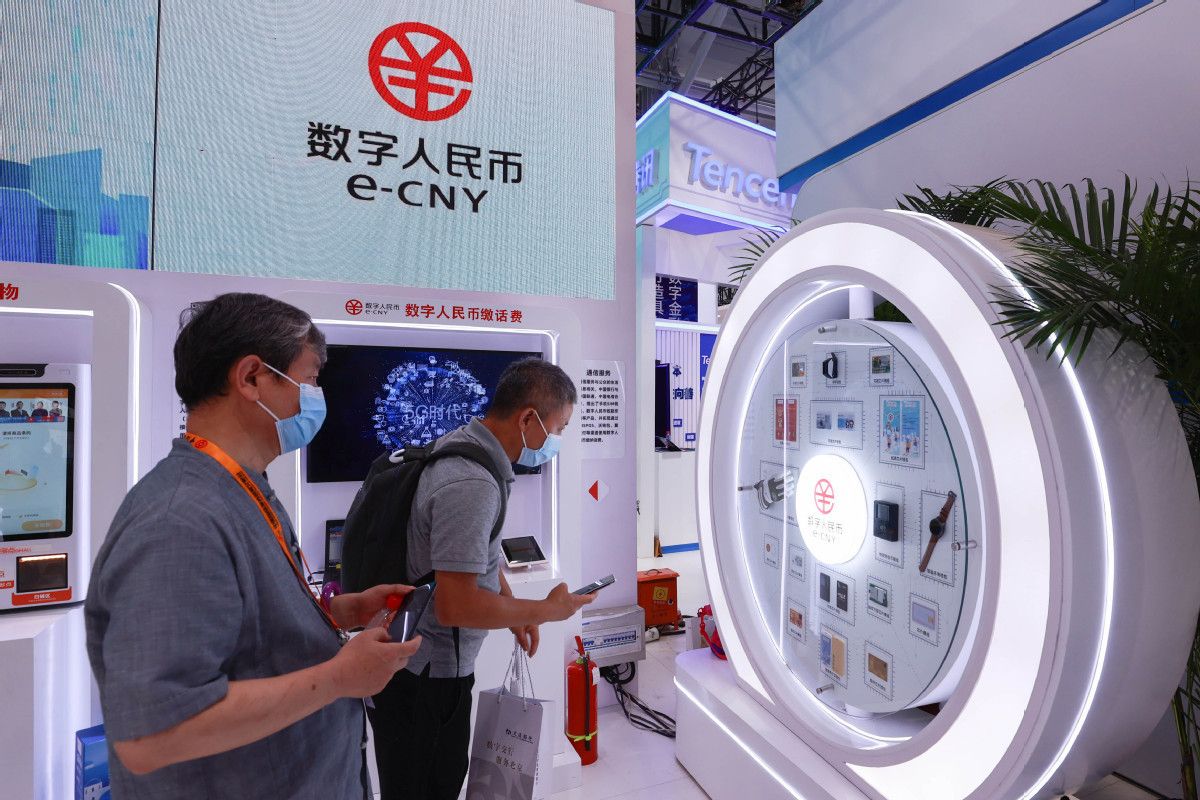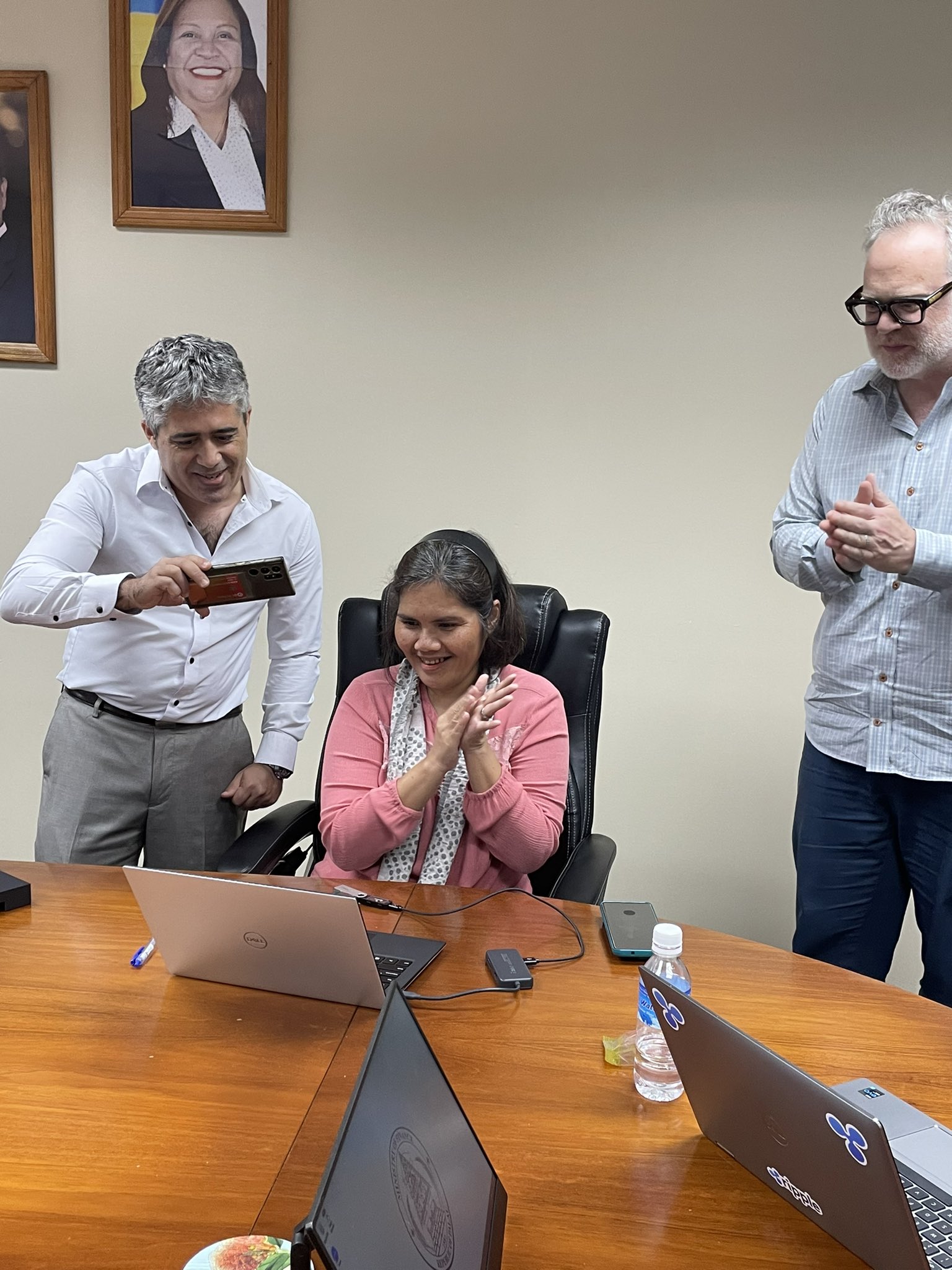
For all the key details of new blockchain projects in the banking world, real-world asset (RWA) tokenization, and central bank digital currency (CBDC) updates, the Observers 'Banking and CBDC Roundup' has you covered.
It has been a reasonably quiet week in the banking and CBDC sector, with much of the (western) world slowing things down as we approach the Christmas break. However, there have been some developments of note.
China continues to expand its use of CBDC for cross-border transactions, with recent activity involving precious (and non-precious) metals. The Bank of China received 100 million yuan ($14 million) from an overseas buyer, which was deposited as e-CNY in an account at the Shanghai Gold Exchange. The BOC has also facilitated 24 million yuan in recent transactions from the Baowu steel and iron group to import iron ore.

Meanwhile, the Bank of Korea has signed a 9.68 billion won ($7.4 million) deal with electronics giant LG to develop a platform to test the feasibility of its potential CBDC.

And Palau has entered the second phase of its dollar-pegged stablecoin project, just two weeks after it announced the completion of phase one. The country intends to strengthen its partnership with Ripple, leveraging the payment processor's carbon-neutral CBDC platform and technical expertise.

Real-world asset tokenization platform Ondo Finance has expanded its U.S. treasuries-backed offering to the Solana platform and its associated DeFi protocols, such as Orca and Raydium.
Meanwhile, stablecoin issuer Paxos has also received regulatory approval to issue its product offerings on the Solana blockchain.
And finally, the U.K. Chancellor of the Exchequer has somewhat presumptuously claimed that London has become "the global crypto hub," while simultaneously agreeing to discuss the problems that crypto companies have opening bank accounts with fellow lawmakers.
Because of course, the majority of jurisdictions vying to become crypto hubs refuse to bank the industry that they are trying to attract. The U.K. Chancellor clearly follows the belief that just saying a thing makes it true.
